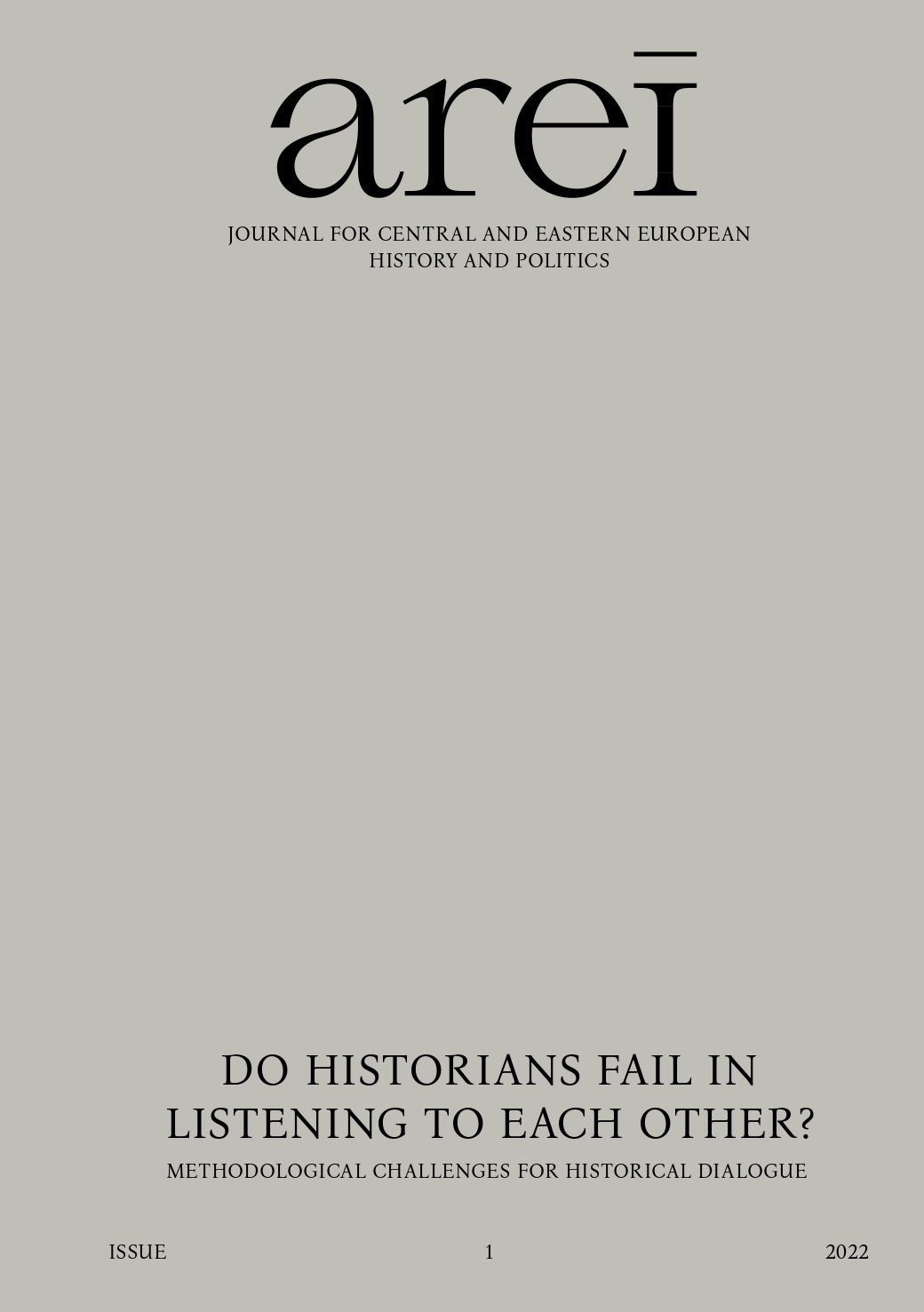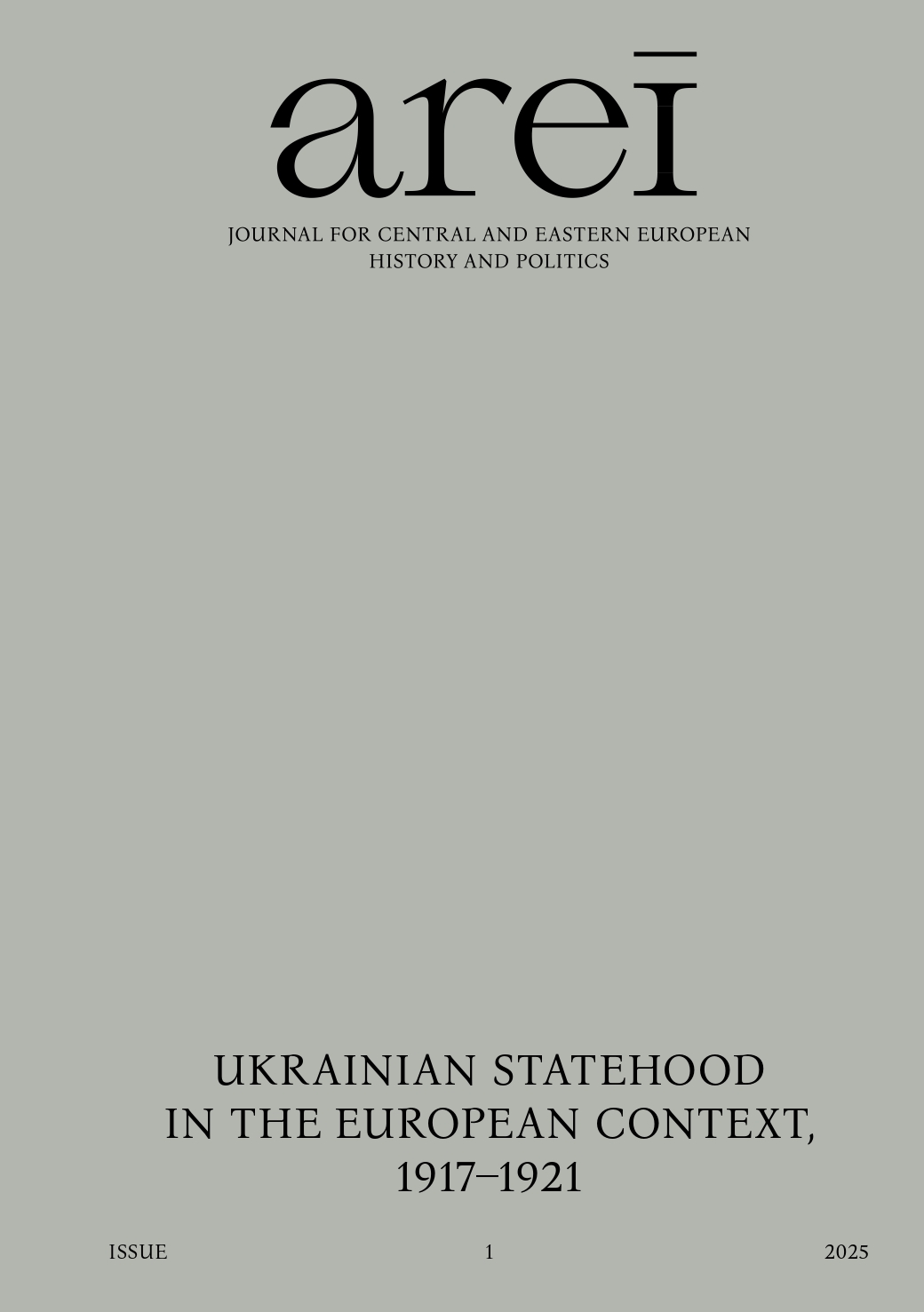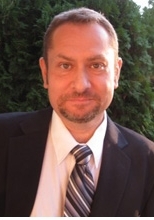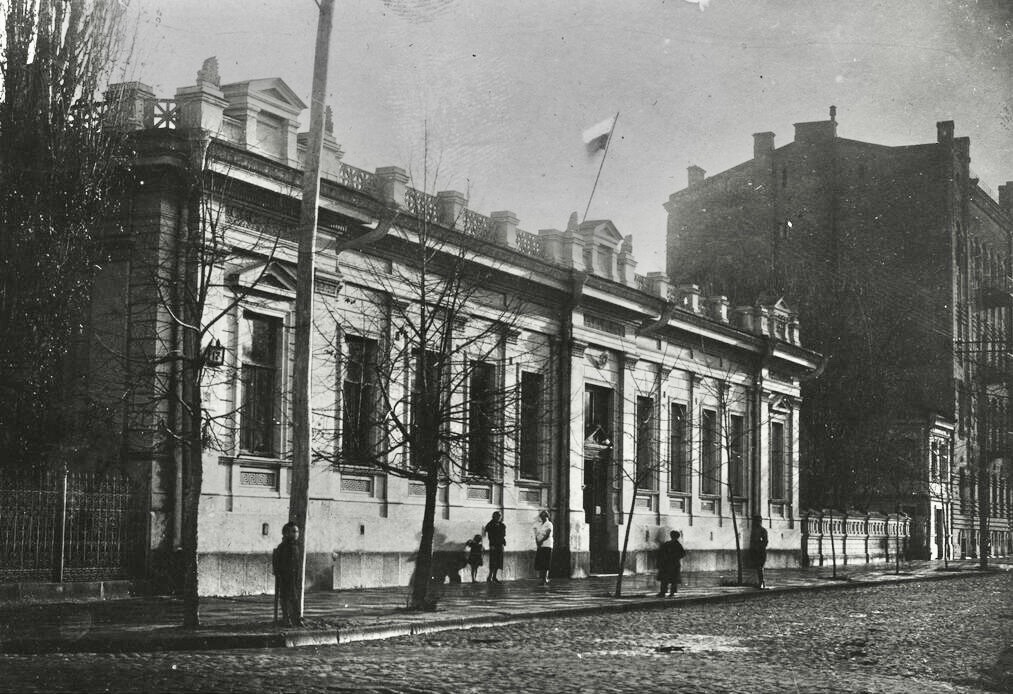Veritas est adequatio rei et intellectus – this is how St Thomas formulated the definition of truth in his treatise ‘De Veritate’. Truth is the correspondence between a thing and a judgment, or, to explain it in another way, the correspondence between our judgment and the actual state of affairs. This so-called correspondence definition, which goes back to Aristotle, has formed the basis of Europeans’ thinking about the world for centuries, from ancient times onwards, and has inspired them to discover ways of approaching the truth. What is more, it is still shared by a considerable number of philosophers as well as by the overwhelming part of humanity, which usually intuitively takes for granted the existence of the truth as well as untruth or lies. This is the foundation on which European civilisation has grown.
St. Thomas’s definition has, of course, important epistemological implications: it assumes that truth as such objectively exists; it is not merely a product of human minds or our senses; it is not dependent on subjective factors such as cultural conditions or the existence of a social consensus as to what that truth is. Aquinas’ adequatio ret et intellectus is a denial of Pilate’s doubt: quod est veritas.
Why am I writing about this? Because in contemporary Europe this truth is being questioned more and more. It is not even that, on the eastern edges of the continent, the Russian Federation – its authorities and official propaganda – does not shy away from the biggest lies and cynical manipulation, if only to convince their own public opinion of the validity of the objectives of the aggressive war unleashed by Russia against Ukraine and to deny the responsibility of the Russian military for the war crimes and crimes against humanity committed after 24 February 2022 on a daily basis on the territory of this sovereign state. Fortunately, the world has not for a moment given credence to these deliberate falsehoods, promulgated by criminals who will sooner or later face justice – may it be mundane.
In the long run, there is another problem with truth which is much more dangerous. This is reflected by epistemological relativism, accompanied by moral and cultural relativism, which are spreading in many countries of Western Europe. Their influence on the humanities and social sciences is growing, thereby undermining the foundations of classical scientific methodology. After all, for centuries scholars have strived to possess certain knowledge, and even though they assumed that it was rather inaccessible to human cognition, they believed that it was possible and necessary to move towards it. But how? By means of the comprehensive, unbiased study of the facts – that is, of what has happened, which can be established in an unquestionable manner with the methods available to human cognition – and by interpreting them in accordance with clearly articulated criteria of evaluation. The point is, however, that such an approach must be accompanied by the conviction that the search for truth, the pursuit of truth, makes any sense at all – and this, again, is impossible without the belief that truth exists at all, established by God or by the Perfect Being, however understood. Adopting the opposite position, i.e., ontological and epistemological nihilism, leads to relativism. The existence of certain knowledge is then negated – or at least the need to strive for it is downplayed because, in this view, knowledge becomes not so much an unattainable ideal for which striving for it constitutes the essence of objective research – as pure illusion. In the latter view, one can only study various positions, paradigms, ‘narratives’, without attempting to attach value judgements to them. Relativism as a basis for research discourages attempts to verify claims or judgements because it voluntarily renounces the measure by which they can be judged – that is, conformity to truth, certain knowledge. Yes, the study of discourse is an important and necessary trend, but research cannot, of course, be limited by it because our reality is made up not only of the constructs of the human mind.
To these arguments from philosophy and the methodology of scientific research can be added a political argument: questioning the existence of objective truth makes us weaker and vulnerable to domination by those who do not have such doubts. By raising doubts, our will to defend fundamental values and principals, our attachment to imponderables, is weakened. In this way, historiography ceases to describe what happened, to explain how it happened and, possibly, to assess the significance of what happened. The traditional triad of factual description, analysis and evaluation is being replaced by a new approach that focuses primarily on the analysis of how one describes and evaluates what occurred, and sometimes on a presentist reflection of how this relates to the values of liberal democracies in the 21st century.
This unfortunate intellectual fashion has dominated many universities in Western Europe and is also spreading in other parts of the world, including Central and Eastern Europe, not bypassing such disciplines as history, political science, international relations or memory studies. In these disciplines, too, there is a tendency to postpone source research – which is laborious and time-consuming as it requires identification of facts and their subsequent analysis – in favour of research which might be methodologically flawed but it is effective in terms of image, and which is aimed not so much at reconstructing reality as at confirming assumptions made a priori.
This phenomenon is compounded by another tendency of a completely different nature, but one that is equally harmful and, what is more, is imposed by the current solutions of the system of financing science in various European countries, including those that are outside the EU, such as Ukraine, or outside political Europe, such as Belarus or Russia. This is the tendency to focus on publications in English in reputable English-language journals. It goes without saying that there are still a considerable number of scholars who do not speak English well, or in any case do not speak this language well enough to write in it at an academic level. This circumstance makes it difficult for them to publish in an international language, and therefore in English-language journals. Moreover, even researchers with a good command of this language are often unable to write articles with a sufficient level of linguistic editing to be accepted for publication by prestigious journals. What is more, these journals are necessarily focused on an international audience, so they prefer texts that have supra-local or supra-regional significance, which in turn has a feedback effect on the topics that researchers take up in their research.
The Centre for Polish-Russian Dialogue and Understanding (a Polish public institution established by a special act of the Polish Sejm in 2011 in order, among other things, to conduct scientific research on Russia and its relations with Poland and Europe, as well as dialogue with Russian civil society) has repeatedly received requests to help researchers from the region to popularise their scientific output in English. This is particularly important for researchers from Eastern Europe who have limited access to Western funding, and in Russia and Belarus, which are deprived of public funding for political reasons.
At the same time, we have observed problems resulting from Western European or American researchers’ insufficient knowledge of the achievements of their colleagues from the CEE region and Russia, as the latter have very difficult access to English-speaking intellectual or scientific communities.
We have also noticed the under-representation or even marginalisation of certain issues in leading Western English-language journals because they do not fit in with the dominant trends in the humanities there, just as we have noticed the effects of the one-sided view of the situation in Central and Eastern Europe, propagated – for various reasons – both by some Western European intellectual and political circles and by propagandists of the Russian state.
In trying to change this situation, we have decided to establish a magazine which will popularise research based on traditional epistemological assumptions, i.e., on the conviction that a scientist’s duty is to analyse and evaluate the phenomena he studies in such a way that one can, if not learn, then come closer to the truth, whose existence in itself is not questioned. The word AREI from the title of the journal is an acronym of the traditional definition of truth: adaequatio rei et intellectus, that is, the correspondence between reality and (our) judgment. In this way, the journal will also mark its opposition to the assumptions of the intellectual fashions in question that question the need to strive for objective knowledge or even deny the sense of using the term at all: ‘truth’.
The aim of AREI will be not only to disseminate the results of innovative research work on the past of Poland and other Central and Eastern European countries, as well as Russia, but also to conduct a critical dialogue with Western European and American intellectual circles. We want to conduct such dialogue especially with those who view the history of the region through the prism of stereotypes propagated by nationalist or imperialist historiographical traditions, or who are influenced by various intellectual fashions that erode the foundations of classical historiography. In addition, we wish to publish valuable analyses of contemporary issues affecting Russia’s policy and its relations with Poland, the EU, and NATO states, and other countries in the region. These will refer in their assessments to international law and to the axiological criteria that underpin European political culture. At the same time, the journal will disseminate articles that polemicise with research circles calling for the revision of such an order. We also intend to promote articles by scholars who do not speak English well enough to be published in English-language journals, thus helping them to get a proper audience for their work. The journal will offer such researchers the possibility of submitting proposals for texts to be published in several languages of the region and will, where possible, provide an honorarium for authors and reviewers.
Finally, we wish to bring together a select group of historians and scholars of international affairs from the countries of Central and Eastern Europe around Mieroszewski Center for Dialogue – a new Polish public in stitution for intellectual dialogue between Poles and the nations of eastern Europe, established by an act of the Polish parliament of 7 July 2022 through the transformation of the entre for Polish-Russian Dialogue and Under- standing. We intend to use this network as a valuable channel for promoting the achievements of historiography and analytical thought in the region. It is our wish that the journal will eventually, i.e., within a few years, be included in prestigious international indexed databases, which will make it possible to significantly increase the opinion-forming power of the journal and the international citability of the articles published in its pages.
The magazine will be published three times a year with the prospect of changing to a quarterly rhythm if the target audience is interested. It will be published in electronic form, on a dedicated website, and in paper form.
It will accept for publication articles that meet the criteria of academic analysis and concern the history of diplomacy, international relations, political and legal thought, as well as texts devoted to any other aspect of history, provided their content contains comparative potential that goes beyond local or national history or presents a given scientific problem in an innovative way that is likely to arouse the interest of a wider circle of researchers. The journal will also accept articles for publication which analyse contemporary international relations or issues affecting them, such as the politics of memory, as well as reviews. In particularly justified cases, analytical essays or interviews will be published. Monographic issues are also welcome. Each article will undergo a double-blind review by two other specialists in the relevant scientific discipline.
The level and reputation of the journal will be ensured by an international Editorial Board which consists of internationally renowned scholars. The narrower editorial board, i.e., the people who will run the journal on a daily basis, includes Dr. Igor Gretsky (until recently, St. Petersburg State University), Dr. Jana Prymachenko (Institute of History, National Academy of Sciences of Ukraine), Dr Anna Wylegala (Warsaw University), Dr Paweł Libera (Institute of History, Polish Academy of Sciences), Dr Magdalena Semczyszyn (Institute of National Remembrance), as well as the director of the Polish-Russian Dialogue and Understanding Centre, Dr Ernest Wyciszkiewicz, and myself, the undersigned Łukasz Adamski.
In the hands of our dear readers we are presenting the first issue of the journal, prepared before Russia’s war of aggression against Ukraine. As well as describing the effects of the spread of the phenomenon of the deformation of the description of socio-political reality, it will contain articles addressing the problems of poor methodology and the manipulation or violation of analytical rigour.
Hoping that the idea of publishing AREI will appeal to you, Dear Readers, I cordially invite all researchers of good will to cooperate in the development of this intellectual initiative.







